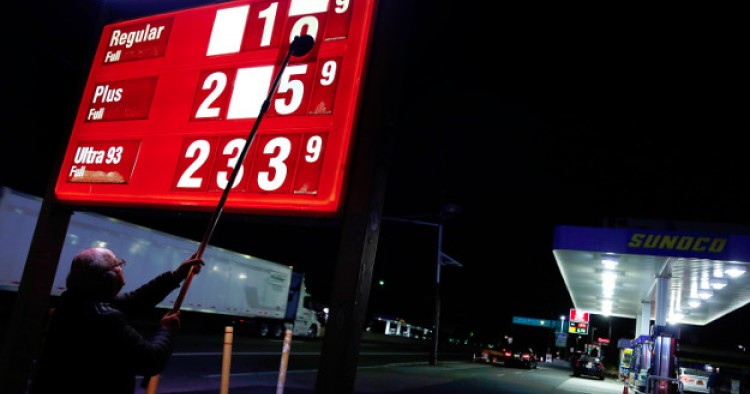After months of protracted discussions, OPEC members reached a consensus on November 30 to cut collective oil production next year by about 4.5 percent. The news about the first reduction in eight years pushed up oil prices by eight percent to above $50 a barrel. According to the deal, Iran will keep its production level at 3.8 million barrels per day (bpd) – almost the same amount as its pre-sanctions output.
The agreement was yet another indication of Iran’s growing leverage within OPEC and in the global oil market since the lifting of most sanctions in January.
Iran’s crude oil output has increased by about 30 percent to 3.7 million (bpd) this year and Tehran intends to further boost production to 4.8 million (bpd) by 2021. In November, Iran signed major oil and gas agreements with international companies, including a $4.8 billion gas deal with Total and the China National Petroleum Corporation (CNPC), and a preliminary agreement with Schlumberger for the study of three oil fields in Khuzestan Province.
Reformist politicians and media outlets hailed Wednesday’s OPEC agreement as a major victory for the Rouhani government. Hardline outlets uncharacteristically sounded positive as well.
Although Saudi Arabia, the cartel’s de-facto leader and largest producer, agreed to the largest cut of 486,000 (bpd), Iranian officials and outlets claimed credit for the conclusion of the deal. “No doubt, Iran’s energy diplomacy succeeded to save OPEC from a defeat and disintegration,” read an article in state-owned Iran daily. Arman-e Emrooz, another Iranian daily, called the OPEC decision “Iran’s Oil JCPOA in Vienna – referring to the Joint Comprehensive Plan of Action, or the 2015 Iran nuclear agreement.
Reformist Asr-e also Iran credited the Rouhani government: “This achievement was attained as a result of the JCPOA. Without the JCPOA, Iran’s oil production would have decreased dramatically and Iran’s oil exports might have reached zero.” Iranian lawmakers also described the deal as a big achievement that could help the country bolster its economy.
Despite optimism in Tehran, Iran’s future as a leading oil producer and exporter remains in doubt. If the Trump administration cancels the nuclear deal or reinstates heavy sanctions and implements them, most international energy giants would have to reassess their investment plans in Iran.
The Middle East Institute (MEI) is an independent, non-partisan, non-for-profit, educational organization. It does not engage in advocacy and its scholars’ opinions are their own. MEI welcomes financial donations, but retains sole editorial control over its work and its publications reflect only the authors’ views. For a listing of MEI donors, please click here.













